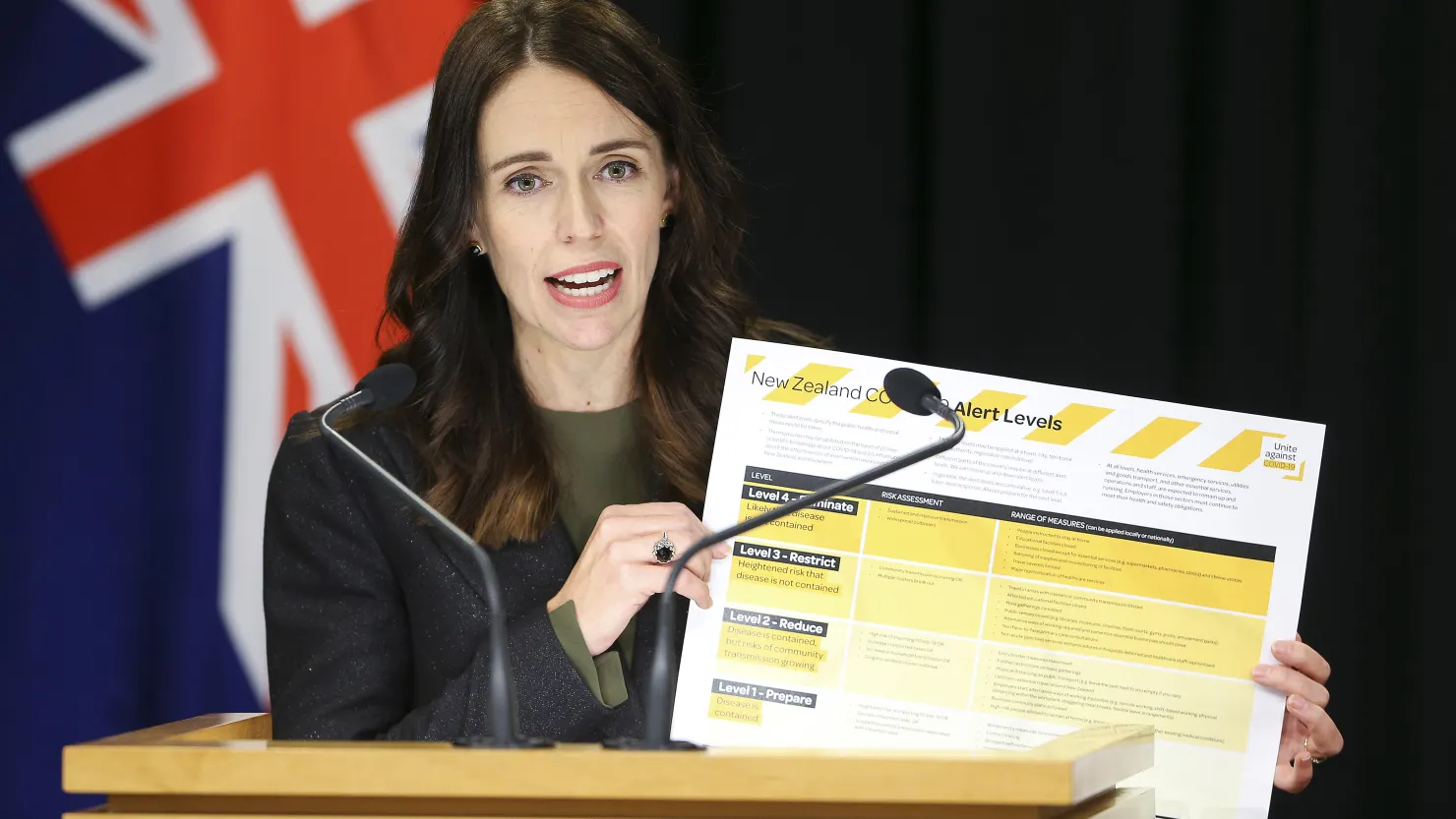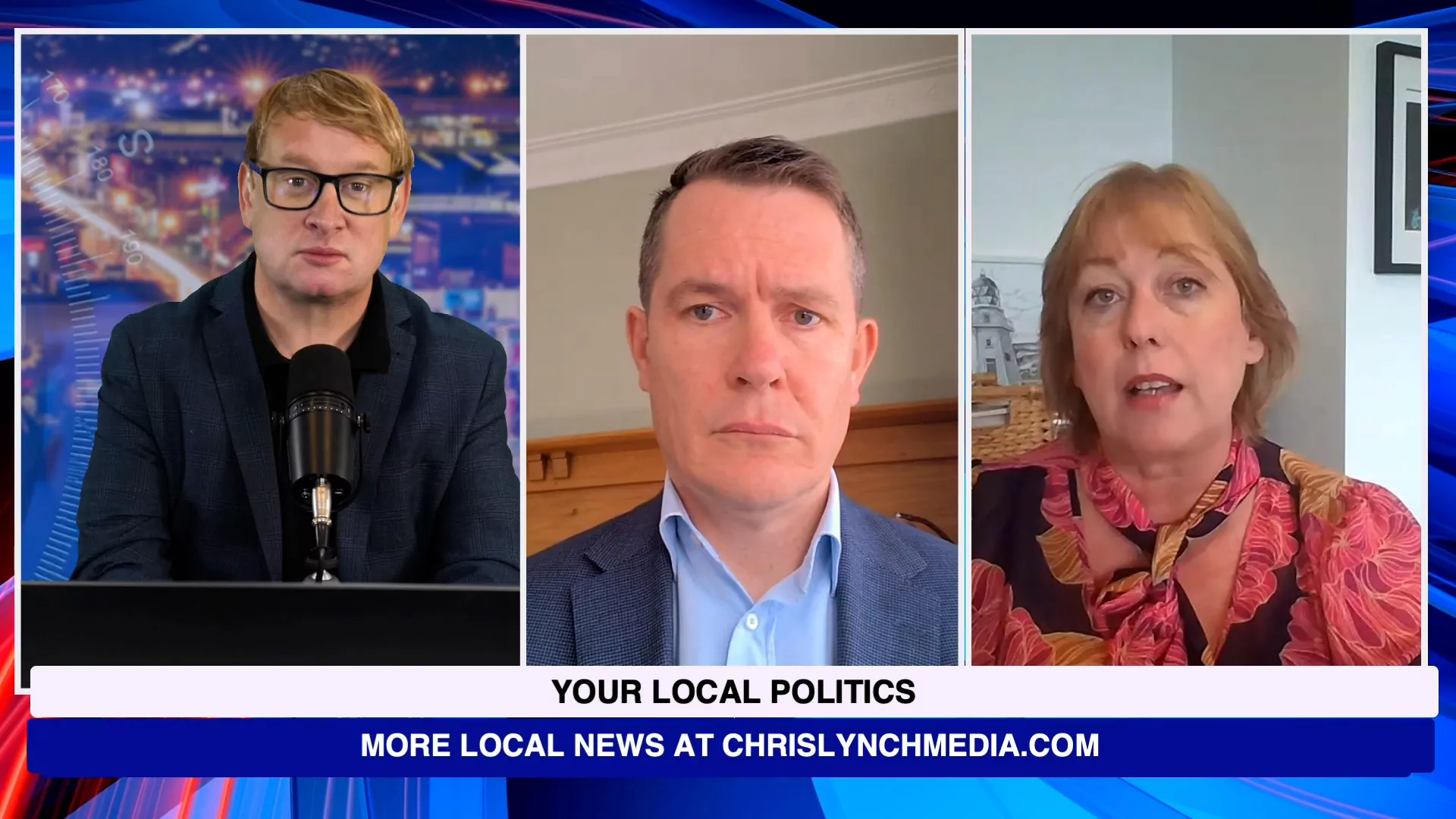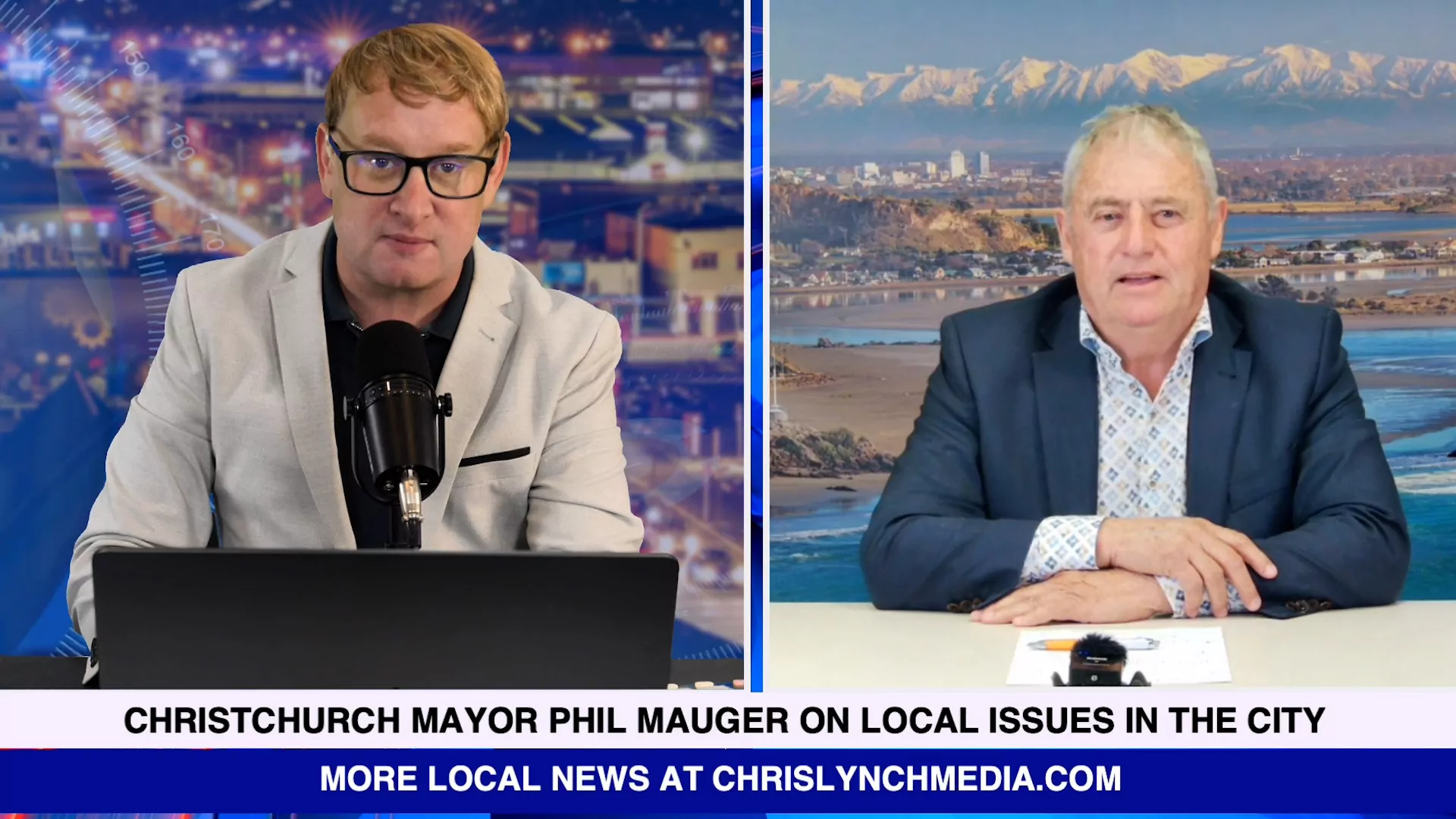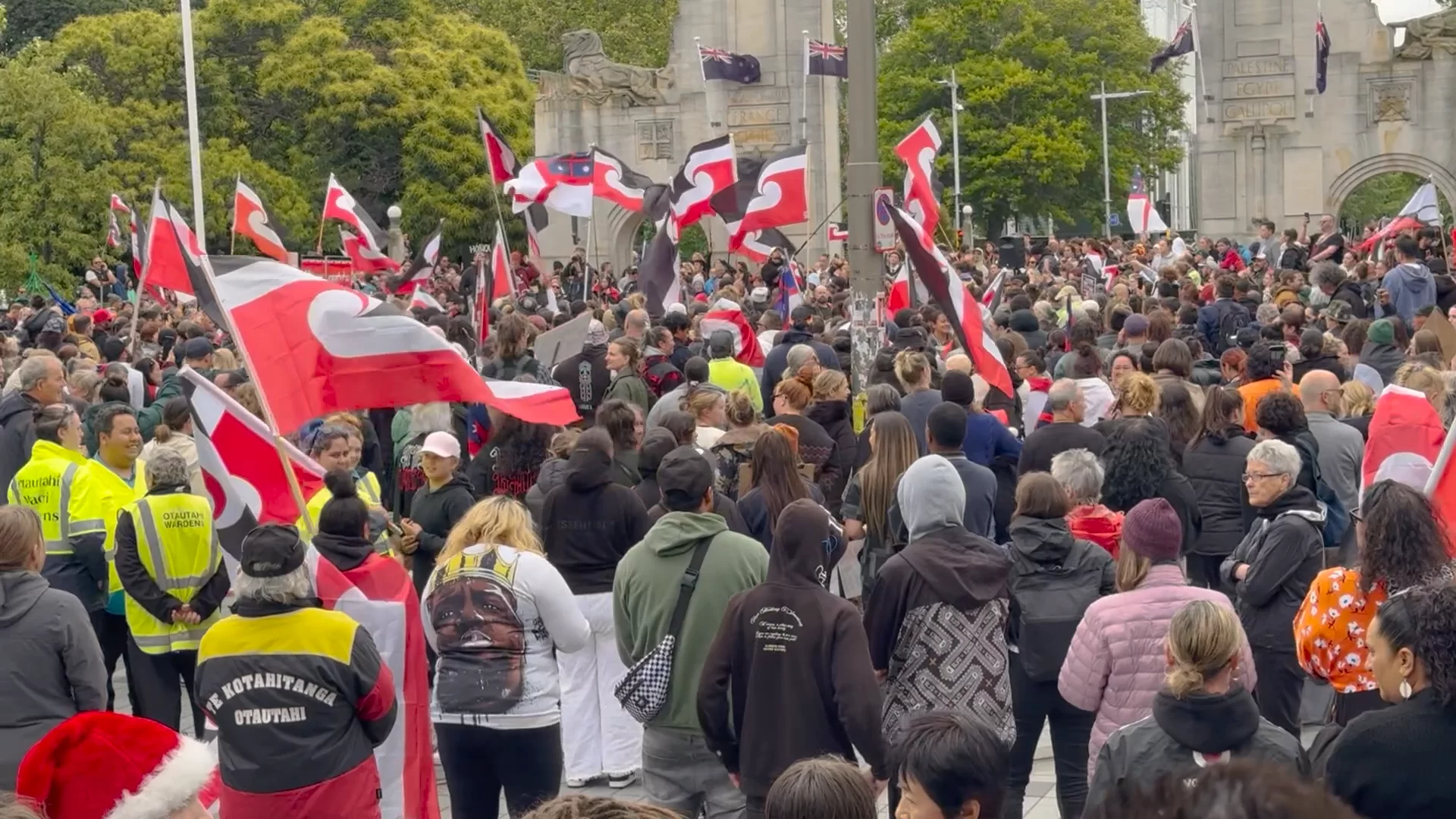A comprehensive review of New Zealand’s response to the COVID-19 pandemic has highlighted, again, the profound social, emotional, and legal challenges faced by the country.
While the measures taken achieved public health outcomes, the report highlights lasting divisions, social strain, and lessons for future pandemic preparedness.
Border policies and feelings of abandonment
Strict border restrictions, though effective in controlling the virus, left many New Zealanders stranded overseas. Grounded Kiwis, a group representing citizens locked out of their country, described the experience as “traumatic.”
“Two years later, it is still hard to get across how deeply the experience of feeling abandoned and cut off affected them,” a spokesperson said.
One submitter reflected on being unable to see her daughters for 18 months: “As much as I would like to forget the trauma, it’s simply not possible – this is time that we can never get back and has changed us individually and changed our dynamics as a whānau.”
International students faced similar struggles, including isolation, financial hardship, and declining health, further burdening the healthcare system.
A judicial review of the Managed Isolation and Quarantine (MIQ) system found that while MIQ was critical to New Zealand’s elimination strategy, some citizens faced “unreasonable delays in exercising their right to enter” in ways “not demonstrably justified in a free and democratic society.”
Vaccine mandates and societal divisions
Some submitters criticised the resulting divisions and personal consequences, including job losses, mental health challenges, and financial strain.
“At the beginning of COVID, I was very much on board with the lockdowns,” one submitter said. “But as the mandates started rolling out… I no longer believed the government was handling COVID in a way that was not harmful.”
The Inquiry found that the vaccine mandates’ extension into a wide range of workplaces was excessive, particularly as vaccination provided limited protection against the transmission of the Omicron variant. It also noted concerns raised by the Treasury in September 2021 about the vaccine pass system’s impact on equity, social cohesion, and public trust.
Strain on healthcare
The health system avoided being overwhelmed by COVID-19 cases but faced significant strain due to reduced non-COVID-19 care. This led to delays in diagnoses and treatments, causing long-term health impacts for many.
“For many individuals and families, COVID-19 is not over,” the report stated. “Many New Zealanders continue to struggle with mental health issues, long COVID, delayed diagnoses, relationship breakdowns, and unemployment.”
Grief and restrictions
Restrictions on visiting dying loved ones and attending funerals were widely criticised. Many families described these measures as cruel and inflexible.
One family recounted their devastating experience: “During lockdown, Dad died. […] Nobody would care for him like we did. Nobody could hold him like we could have had we been allowed to be with him when he died. The whole experience was absolutely awful.”
The lack of clarity in the exemption process and automated responses added to families’ distress, although some were grateful for exemptions that allowed limited travel to funerals.
Communication challenges
The report also examined public dissatisfaction with messaging during the pandemic. Early phrases like “team of five million” were criticised as patronising when combined with unpopular measures like long lockdowns and vaccine mandates. The government’s characterisation of itself as the “single source of truth” was also polarising, with some feeling it stifled diverse opinions.









